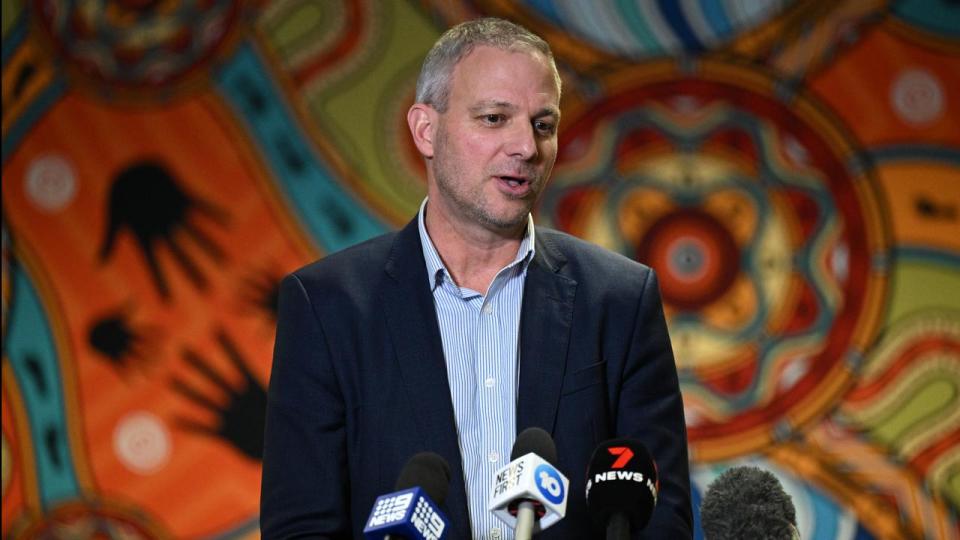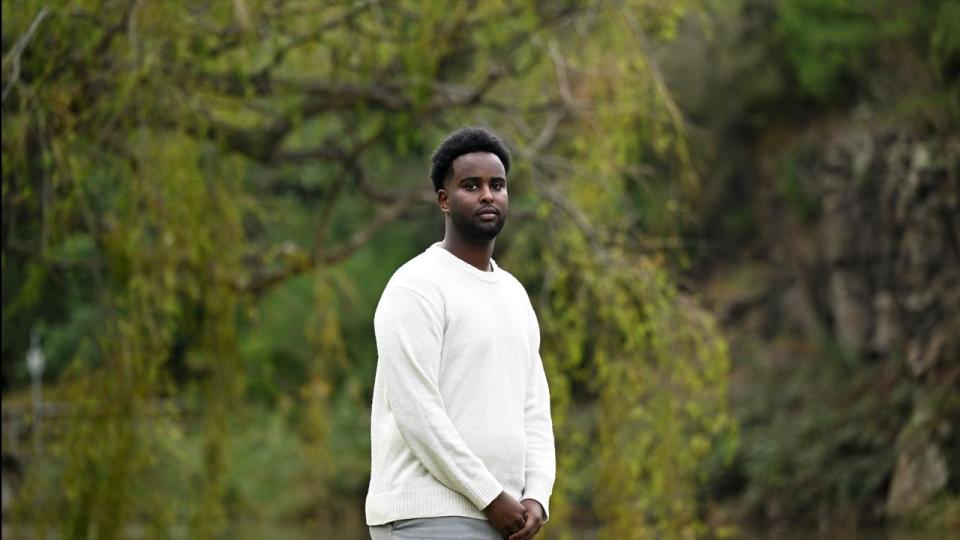Alarm sounded on 'deep fake' health misinformation
Australia must do more to address health misinformation before artificial intelligence makes it harder to call out, leading experts say.
Former Victorian chief health officer Brett Sutton believes it's only going to get harder to stamp out falsehoods as technology evolves, pushing for a "step up" in regulation and a wider discussion about trusting sources of information.
"We're going to see the world transform in a matter of a few years and we don't want to be sitting on our heels," Professor Sutton told AAP.
Social media trends that have caught his eye include the oat-based 'Oatzempic' diet, the use of Melanotan to darken skin, people promoting frog poison kambo for health retreats and medications that may contain lead.
"People get messaging that suggests that these are endorsed and respected," Prof Sutton said.
"The philosophy is appealing but the evidence base around both the benefits and the harms are not available to them and they can't make appropriate judgements."

The director of health and biosecurity at CSIRO is hopeful medically-approved chatbots will eventually make health information more accessible and offer real-time translation.
But he's also concerned deep fake technology will increasingly be used to create false endorsements of certain therapies.
To promote trust, he suggests scientists and authorities "open the bonnet" by releasing as much raw data and information on scientific processes as possible to the public.
It may also be useful for Australia to explore creating a health misinformation strategy as other countries have done, he said.
As of 2023, TikTok boasted 8.5 million Australian users while a University of Sydney study found more than three quarters of young people use Instagram or YouTube.
Deakin University associate research fellow Khalid Muse said the use of vapes has skyrocketed among his peers and depictions of the habit on social media are so common that people who don't smoke often feel left out.
The public health student fears "aggressive" marketing downplaying the risks of vaping is fuelling the health crisis, with content creators often directing false claims towards their similarly young audience.
"They (say) what they've read is that vapes cause no harm, it just has flavour and sometimes they even say that there's no nicotine, just a lot of misinformation," Mr Muse said.
"Everyone's posting their vapes, glamorising it and having discussions around it, you almost just feel left out if you don't vape."
He knows there's no quick fix, instead advocating for a "bottom up" approach that includes feedback from people affected by misinformation in order to develop ways to combat it.

VicHealth chief executive Sandro Demaio said the large amount of health misinformation on social media during the pandemic and current trends directed at children should prompt a wider discussion on data collection and advertising.
The National Children's Commissioner has estimated advertisers will have 72 million data points on a child born in 2023 by the time they turn 13.
Dr Demaio said he's seen how the cigarette industry targets primary school-aged pupils with vapes and is now marketing nicotine pouches that sit on top of the gums.
"This is relative cowboy country in terms of checks and balances," he said.
"People who are providing information on those spaces, influencers, online retailers, companies in the digital space, are almost completely unregulated compared to the physical space and what's expected of professionals like doctors or health care providers."
He's due to appear with Prof Sutton at the World Health Summit Regional meeting hosted by Monash University on Wednesday and believes combating heath misinformation is an "urgent national conversation" Australia needs to have.
"It's a challenge that every country around the world is struggling with but Australia can and should be doing a lot more," he said.


